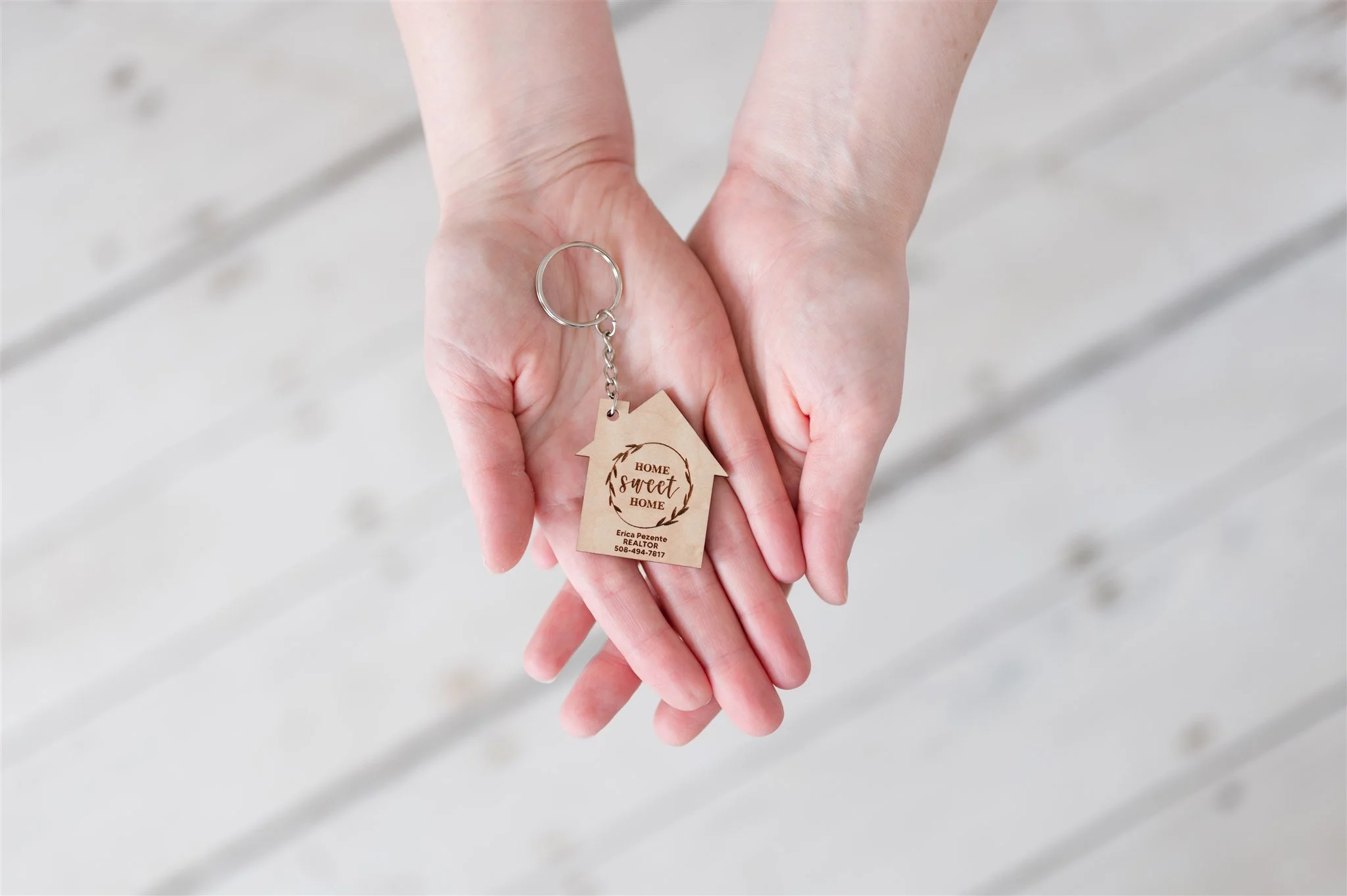The Death of the Starter Home?
For decades, the starter home was the quintessential entry point for young adults venturing into the realm of homeownership.
These modest homes were often affordable, smaller in size, and provided an opportunity to build equity and establish a sense of ownership. They represented the initial rung on the ladder of success and paved the way for upward mobility and future investments.
In recent years, however, the housing market has undergone a transformation. Several factors have contributed to the gradual decline of the starter home, making it less prevalent in today's real estate market. Rising construction costs, increased demand, limited inventory, and shifting buyer preferences have all played a role in reshaping the housing landscape. With most homes in Massachusetts receiving multiple offers, the price of a starter home has also become inflated.
One significant factor driving this change is the evolving needs and desires of today's homebuyers.
Many individuals and families are now prioritizing spaciousness, energy efficiency, and modern amenities. They seek homes that cater to their long-term needs, allowing room for growth, remote workspaces, and sustainable living. Consequently, the traditional starter home, with its smaller size and limited features, no longer aligns with these shifting preferences.
Recognizing this trend, new home builders are focusing on luxury homes, further limiting the availability of smaller starter homes.
Lately I’ve been advising some buyers to shift their focus from buying a starter home to increasing their income and saving for a larger down payment so they can afford a home that works for their long term needs. If kids are in the plans, a one level ranch with only only bathroom might not be a good long term fit. It’s also not a guarantee that they’ll be able to sell their starter home and make enough profit to launch them into their forever home.
Let’s do some math:
In Framingham, MA, smaller homes (defined by 3 beds 1+ baths and under 1,400 sq. ft. often with limited storage) sell for $550k
Larger homes (raised ranches and colonials over 1500 sq. ft.) sell between $700-$800k.
Yearly income needed for $550k home - $120,000
Yearly income needed for $800k home - $178,000
If there are 2 people in a household that are working and they make a combined income of $120k a year, they’d need to increase their income by $30k each.
It would make sense to look for career opportunities where you could make at least $90k each. This can help guide you in your career moves and put you on the path to home ownership.
The housing market has undeniably shifted, bringing with it a reevaluation of our housing wants and needs.
Amidst this transformation, it's important to remember that there is no one-size-fits-all solution when it comes to housing. Just as some have found contentment in their small and cozy homes, many people have found larger homes that match their lifestyle and needs.











